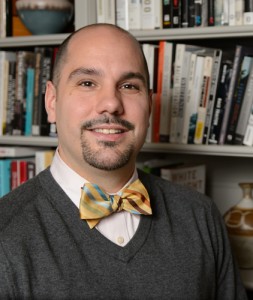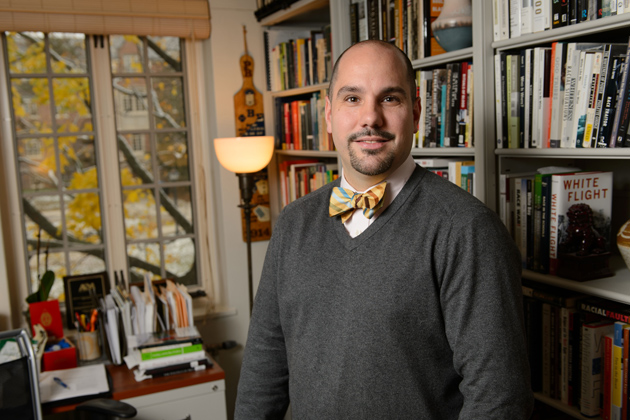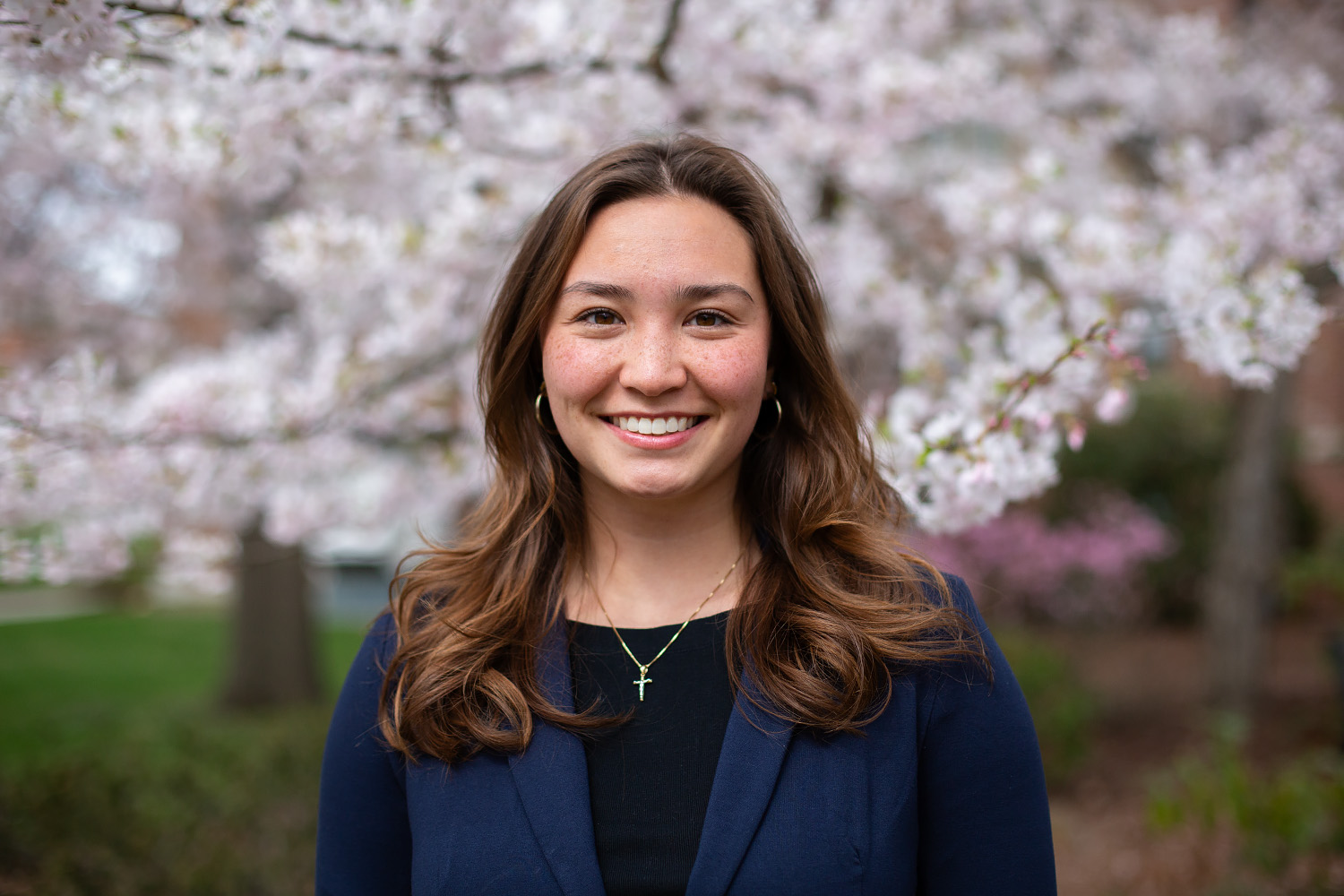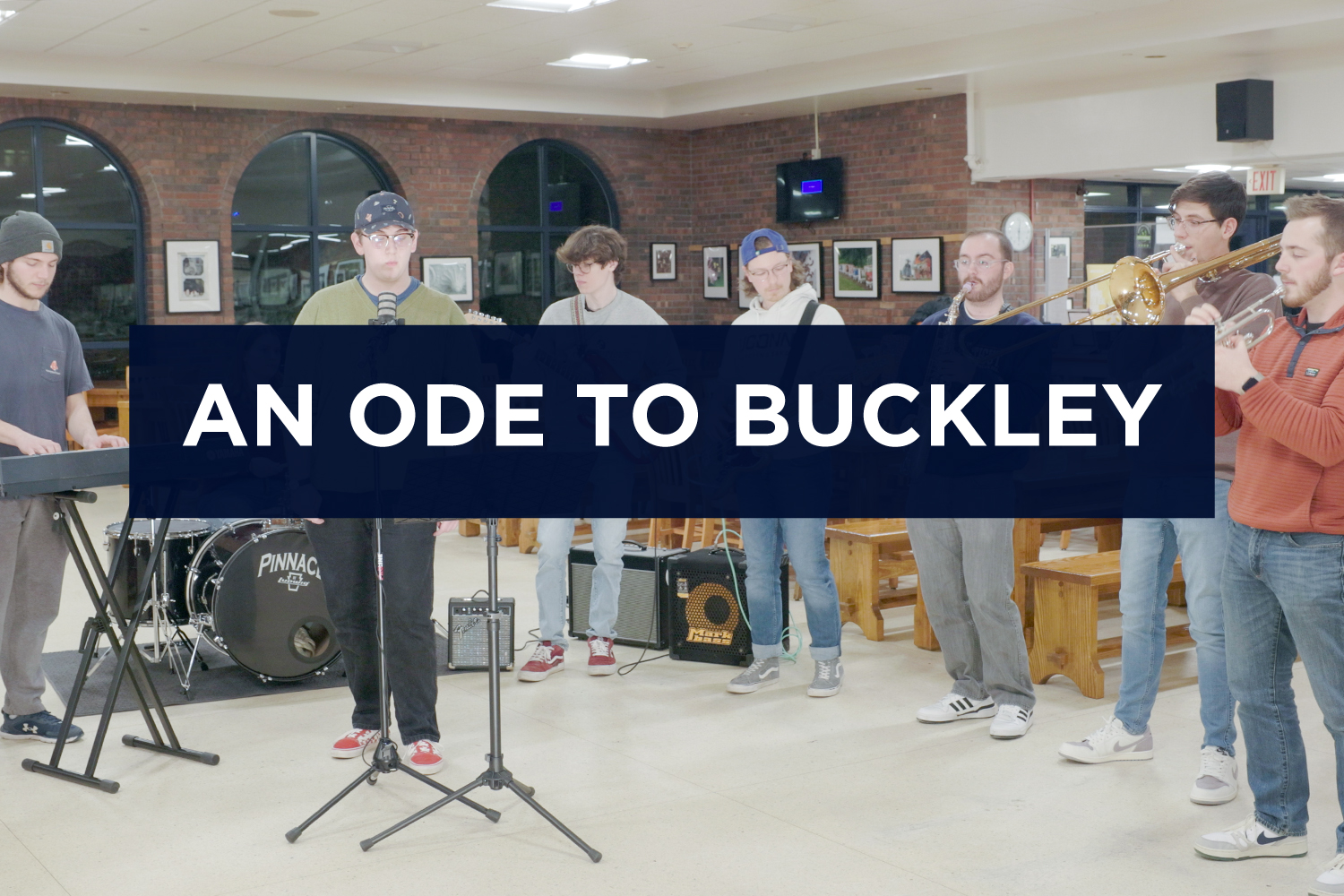For centuries, the mystery of private and secret organizations has drawn curiosity and fascination from the public eye. These groups, such as the 18th-century Illuminati, the longstanding Freemason order, and even modern college Greek organizations have many purposes, and some can be a force for good. But according to Matthew Hughey, associate professor of sociology, they all hold one thing in common: they perpetuate inequality.

In a new edited volume, titled Race and Ethnicity in Secret and Exclusive Social Orders: Blood and Shadow (Routledge 2013), Hughey and his colleagues explore the role that race and ethnicity have played – and continue to play – in the inequality and discrimination that arises from private and secret societies.
“The secret society provides an aura of elitism and status,” says Hughey, noting that even Martin Luther King Jr. was in a Black Greek-Lettered Organization: fraternities and sororities made up predominantly of black men and women. He was skeptical, to say the least. “If not everyone can have it, it’s scarce, and that makes people think it’s valuable. But if you say the purpose of your group is, for example, to do community service, why not be open about it?”
A skeptical insider
Hughey, who is white, grew up in a predominantly black neighborhood in North Carolina. When he was in high school, some of his black friends went away to college and joined Black Greek-Lettered Organizations.
“I was suspicious of anything that was closed and racially or ethnically that uniform,” he says.
Despite his uneasiness, when Hughey enrolled at the University of North Carolina at Greensboro, he decided to join one to see for himself what they were like. He pledged Phi Beta Sigma, a Black Greek-Lettered Organization founded in 1914, and although he remains loyal to his group and says he made some of the best friends of his life, he never let go of his skepticism.
“These organizations have great strengths and great weaknesses,” Hughey says. “They are not one-dimensional; they are neither dysfunctional nor are they utopian spaces of egalitarianism and progression.”
His fraternity, says Hughey, promoted academics, gave back to underprivileged groups, and helped people develop friendships that became like family. But despite being a white man in a black fraternity, Hughey noticed “colorism” happening among the black students, with discrimination against darker-skinned blacks. He also noticed a heightened sense of homophobia.
These forms of discrimination within an organization that was meant to reduce inequality fascinated Hughey, and he has made studying it his life’s work.
“These organizations try to fight against segregation, but in some ways they reproduce it, he says. “It’s become fashionable to say that we live in a post-racial world, but we live in a society that is still racialized.”
Media portrayal
In the book, Hughey and colleagues Marcia Hernandez of the University of the Pacific and Rashawn Ray of the University of Maryland discuss how, regardless of any good work they do, Black Greek-Lettered Organizations are portrayed in the media as violent, like gangs, and often receive disproportionate attention for their traditional “stepping” performances, involving dance and percussion. The studies also show that predominantly white Greek organizations are held less accountable for their actions than Black Greek-Lettered Organizations, because private houses, national Greek councils, and influential alumni shelter these organizations from the public eye.
Recently, some sororities at the University of Alabama began to publicly accept black members. Hughey says that for these organizations, it’s not so much about inclusion but about resources. Houses for predominantly white organizations that are subsidized by universities are often unmatched by similar resources committed to Black Greek-Lettered Organizations, Latino Greek organizations, or groups based around other communities.
“What I see is structurally-enabled Greek exclusionary communities,” he says. “If you’re not going to provide that space, something’s wrong. We have to address that these groups should not be organized around tradition simply for tradition’s sake, but by equality of resources.”
The book touches on other organizations based on racial lines that stemmed from blacks being barred from existing organizations. The Good Templar society, founded in 1850, promoted abstinence from alcohol. When blacks clamored to join, the organizers created a separate club, known as the True Reformers, for black members.
The Improved Benevolent and Protective Order of Elks of the World, founded in 1897, was a black spinoff of the white Benevolent and Protective Order of Elks organization, still in existence today. This organization evolved to provide solidarity for blacks outside of the workforce, which may have led to blacks being less involved in labor unions.
A way forward
Hughey says the book’s purpose is to look for common denominators in the evolution of race- and ethnic-based organizations, to see how they can both “lift people up and bring people down.” He says that at least in the case of college Greek organizations, the place to start reform is to look at the organizations’ main purpose.
Hughey says many of his fraternity brothers have over the years voiced their appreciation of his work, saying that they think it’s about time these things are said about Black Greek-Lettered Organizations. And after all these years, Hughey still displays a paddle from his Greek days on the wall of his office.
“If the purpose of these organizations is leadership and scholarship, the burden of proof should be on the organization itself to show it’s being successful,” he says. “It shouldn’t be perpetuated only because it’s a tradition.”



